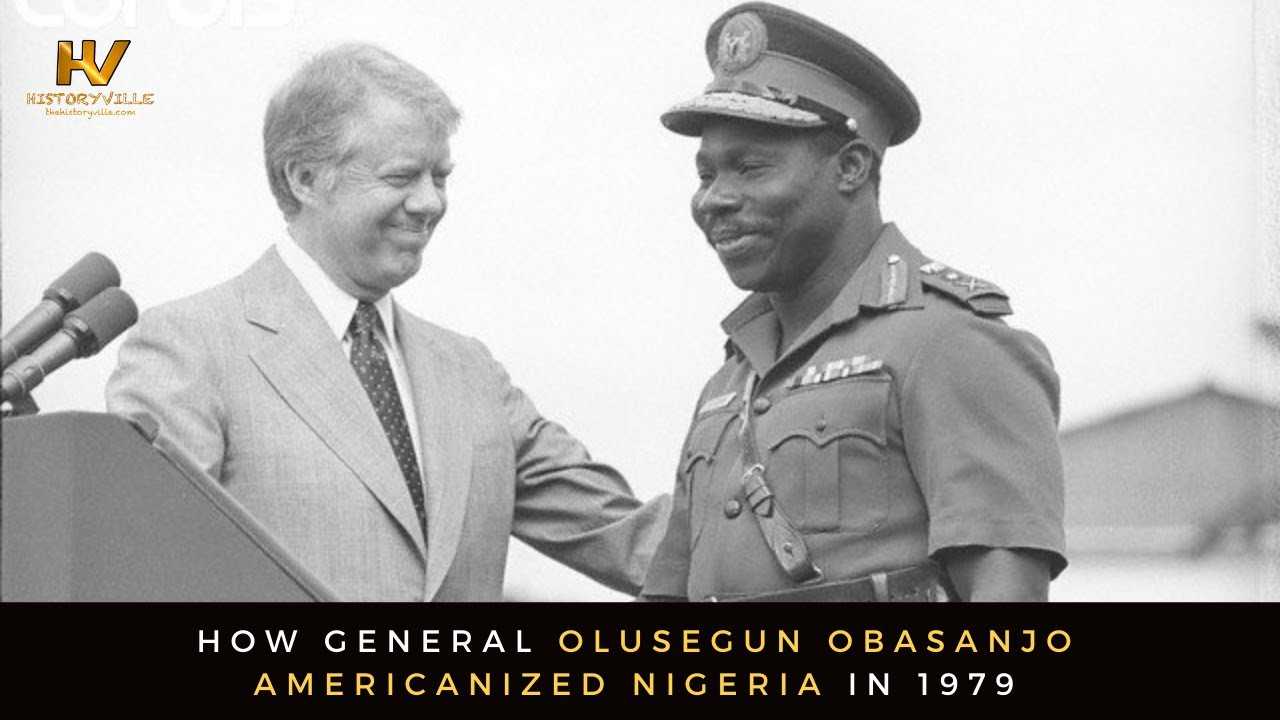Features
History of Nigerian Presidents

Nigeria has had 16 presidents since it gained independence from the United Kingdom in 1960. The first president was Nnamdi Azikiwe, who was a nationalist leader and a journalist. He was elected president in 1963 and served until 1966, when he was overthrown in a military coup.
The first military head of state of Nigeria was General Johnson Aguiyi-Ironsi, who was assassinated in a counter-coup in 1966. He was succeeded by General Yakubu Gowon, who led Nigeria through the Nigerian Civil War (1967-1970). Gowon was overthrown in a military coup in 1975 and was succeeded by General Murtala Muhammed. Muhammed was assassinated in a coup attempt in 1976 and was succeeded by his deputy, General Olusegun Obasanjo.
Obasanjo handed over power to a democratically elected government in 1979. The first elected president of Nigeria was Shehu Shagari, who was overthrown in a military coup in 1983. The coup leader, General Muhammadu Buhari, ruled Nigeria until 1985, when he was overthrown in another coup.
General Ibrahim Babangida ruled Nigeria from 1985 to 1993. He annulled the results of the 1993 presidential election, which was won by Moshood Abiola, and was forced to resign. He was succeeded by an interim government headed by Ernest Shonekan, who was overthrown by General Sani Abacha in 1993.
Abacha died in office in 1998 and was succeeded by General Abdulsalami Abubakar. Abubakar handed over power to a democratically elected government in 1999. The second elected president of Nigeria was Olusegun Obasanjo, who served two terms in office.
Obasanjo was succeeded by Umaru Yar’Adua in 2007. Yar’Adua died in office in 2010 and was succeeded by his vice president, Goodluck Jonathan. Jonathan lost the 2015 presidential election to Muhammadu Buhari.
Buhari was re-elected in 2019 and served two terms in office. He was succeeded by Bola Tinubu in 2023.
Notable Achievements of Nigerian Presidents
Each Nigerian president has made significant contributions to the development of the country. Here are some of the notable achievements of Nigerian presidents:
- Nnamdi Azikiwe: Azikiwe is known as the “father of Nigerian nationalism.” He played a key role in the struggle for Nigeria’s independence from the United Kingdom. He also played a key role in the development of Nigeria’s educational system and in the promotion of national unity.
- Olusegun Obasanjo: Obasanjo is the only Nigerian president to have served two terms in office. He is known for his role in the transition from military rule to civilian rule in 1979 and for his role in the restoration of democracy in 1999. He is also known for his economic reforms, which helped to boost Nigeria’s economy.
- Umar Yar‘Adua: Yar’Adua is known for his commitment to good governance and the rule of law. He also introduced a number of social programs, such as the 7-Point Agenda, which helped to improve the lives of Nigerians.
- Goodluck Jonathan: Jonathan is known for his role in the implementation of the cashless policy and the introduction of the Universal Basic Education (UBE) program. He is also known for his commitment to peace and security.
- Muhammadu Buhari: Buhari is known for his anti-corruption campaign and his efforts to improve the security situation in Nigeria. He is also known for his economic reforms, which have helped to boost Nigeria’s economy.
Challenges faced by Nigerian Presidents
The Nigerian presidents have also faced a number of challenges over the years. These challenges have included economic instability, corruption, insecurity, and ethnic and religious divisions. The Nigerian presidents have also had to contend with political interference and pressure from powerful interest groups.
Despite the challenges, the Nigerian presidents have played a vital role in the development of the country. They have helped to establish and maintain a stable democratic system, to promote economic growth, and to improve the lives of Nigerians.
Summary
The history of Nigerian presidents is a complex one. It is a story of both successes and failures. The Nigerian presidents have faced a number of challenges over the years, but they have also made significant contributions to the development of the country.










